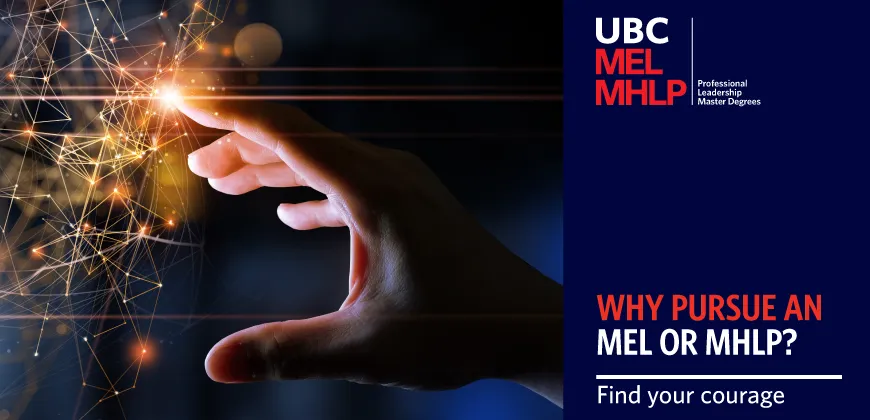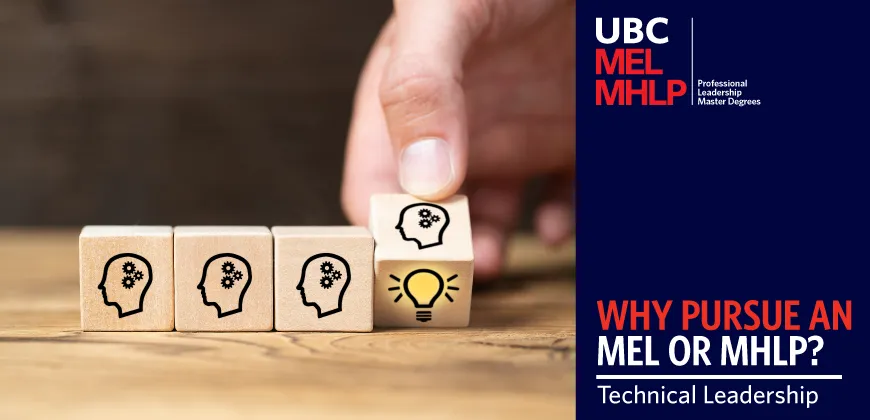Find your courage

When we think of courage, we often think of extreme situations, such as bravery in the face of physical danger. Yet courage is a trait that appears in everyday situations, and one that is essential in leadership. Being a leader requires courage. It requires taking the leap to do new things, to trust (and empower) others and to be able to share your ideas with conviction and passion.
Many influential business thinkers have drawn links between courage and effective leadership. Doug Conant, for example, believes that courage is the “parent” of all the other virtues of successful leaders, including integrity, authenticity, emotional intelligence, clarity and a commitment to standards.
And leadership consultant Bill Treasurer suggests that effective leaders need to make use of three different buckets of courage: try courage, trust courage and tell courage. “Leadership requires a willingness to break from the status quo,” says Justin Bull, Academic Director of the Master of Engineering Leadership and Master of Health Leadership and Policy.
“In a time of constant and accelerating change, emerging leaders must navigate a range of environmental, social and technological trends to make this leap with confidence.”
How do you leap with confidence and courage?
Graduate programs like the MEL and MHLP give professionals the tools to develop their leadership capabilities, including many opportunities to build their “courage muscle.”
Even thinking about returning to school is an act of courage. It may be years since you were last in a university classroom. You may be wondering if you are up to the academic and time management challenges of doing a rigorous graduate degree. You may need to move across the country, or the world, before taking your first step on the UBC Vancouver campus. Taking time out of your career – or balancing work and school in a part-time program – requires confidence and the courage to step into the unknown.
If you’re considering the MEL or MHLP as options, you likely have many of the traits of courageous leadership. These degrees were designed for visionary professionals who aren’t afraid to make a difference – for the people who see issues within their industry and in the world, and want to their skills and passion to work for change.
Building your courage muscle
Let’s say you’ve taken that courageous first step of thinking about your current situation and deciding it’s time for a change by pursuing the MEL or MHLP. As a MEL or MHLP student, you will have many opportunities to push beyond your comfort zone and practice courageous leadership in a range of settings. Within your classes, you’ll find yourself learning new material in areas where you have no prior expertise. You’ll work on projects with industry partners, which can take the form of in-class assignments, a capstone project or practicum. Will it be challenging? Yes. But having the courage to take on the challenge – to use new skills and adapt when things don’t go to plan – is an essential part of deepening your knowledge base and becoming a strategic leader. This was Dicky Wong’s experience in the MEL in Dependable Software Systems program, where some of the technical classes covered areas he had not worked in over the course of his career.
“Although I hadn’t worked in the field of error-resilient computing before, I wrote a program on distributed systems on a cloud platform using a computer language I had never used before. The context and tools were new to me, and the underlying concepts were challenging – which meant that I learned a lot!”
You’ll also be able to practice “trust courage” – learning how to delegate and relinquish control. The group projects within the MEL and MHLP sector-specific programs will have you working with people very different from you. They may be from other countries, have different professional experiences or be from completely different industries. Your business classes will include students from all MEL and MHLP programs and will see you working in groups with engineers, urban planners and architects, and healthcare professionals. You will need to collaborate, share responsibilities and put systems in place to hold each other accountable. This immersive experience will hone your leadership skills as you learn to delegate, rather than micromanage.
As Ahmed Soltan, a graduate of the MHLP in Clinical Education, says “Leadership is not about being a manager. This course opened my eyes to the strategies true leaders use to inspire their team members to collaborate so they can work together to achieve an organization’s goals.”
Courage – and the ability to lead with authenticity and integrity – also comes from self-awareness. The MEL and MHLP integrate many opportunities for self-reflection and professional development, creating the space for you to better understand your strengths and weaknesses and create a road map on how to lean into your strengths as a leader.
A trait that can be learned
Courage, like leadership itself, is a skill that can be learned. Taking courageous steps within the supportive learning environment of the MEL and MHLP is a safe way to practice new skills before trying them out in higher-stake environments and work situations. The class discussions, projects, industry connections and professional development opportunities all provide a foundation for you to begin flexing your courage muscle.
“Much of the project work involves simulated learning approaches where students work in teams to gain those skills in interprofessional collaboration and teamwork,” says Cheryl Segaric, Program Director for the MHLP in Clinical Education. “Assignments enable students to take a practical, pragmatic approach to the types of challenges they will actually be experiencing.
As Doug Conant says: “Courage is difficult and messy – and misunderstood. It doesn’t mean being blindly bold or brash. And it does not mean being fearless. Quite the opposite. The true meaning of courage is feeling all of the challenging and uniquely human emotions – uncertainty, anxiety, and, yes, fear – and going forth to stare that complexity in the face and get the job done anyway. It means smelling smoke and running toward the fire. That’s no small feat.”


